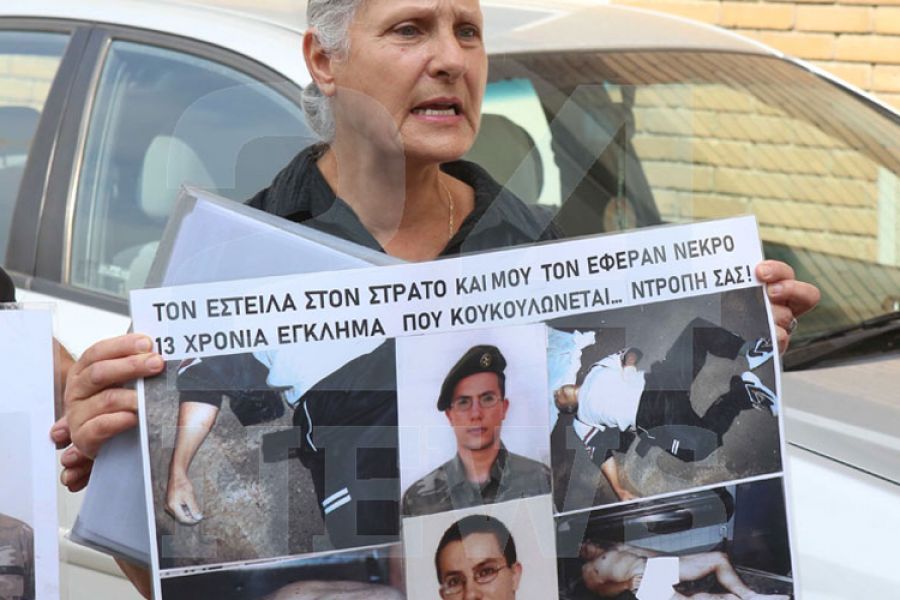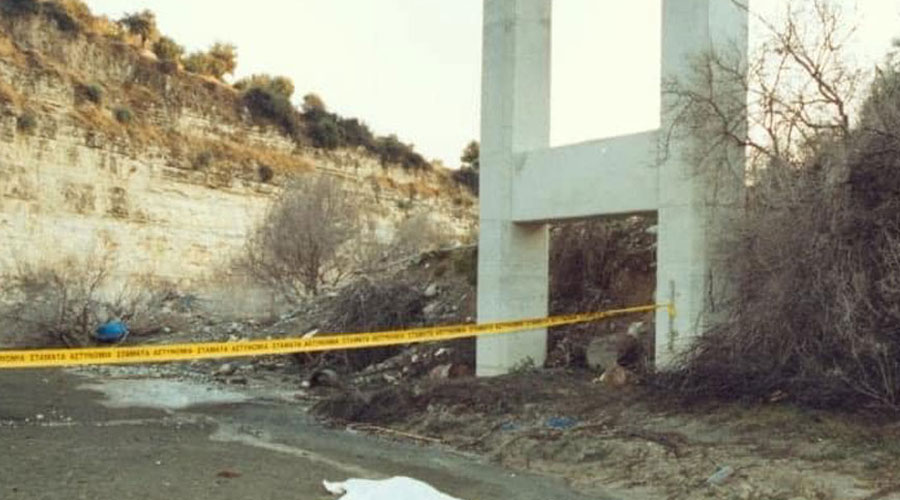
Newsroom
Forensic pathologist Panikos Stavrianos has expressed strong criticism of the Supreme Court's decision to uphold the third investigative conclusion in the death of National Guard soldier Thanasis Nikolaou. Stavrianos claims his rights were violated during the legal proceedings, sparking renewed scrutiny of the 19-year-old case that has long been marked by allegations of institutional failure and public mistrust.
The court recently rejected Stavrianos’ request to annul the findings of the third death investigator, who concluded that Nikolaou’s death was caused by strangulation and deemed it a criminal act. This conclusion overturned earlier findings, which had ruled the death a suicide caused by a fall from a height. Despite the rejection of his appeal, Stavrianos maintains that the handling of the investigation was flawed.
"My rights were violated, and there has been no remedy," said Stavrianos. "This case is a clear example of how freedom of speech and democracy can be undermined, even in the courtroom." He also accused "populist influences" within institutions of failing to address these violations adequately.
The Tragic Case of Thanasis Nikolaou

Nikolaou, a 26-year-old architect and National Guard conscript, died in 2005 under suspicious circumstances. The soldier, who had recently returned to Cyprus from Australia, had reportedly faced harassment and bullying by fellow guardsmen. Just days before his death, he had lodged complaints with commanding officers, even appealing directly to the Chief of Staff.
On September 29, 2005, Nikolaou failed to report to his unit. Later that day, his body was discovered beneath a bridge near Alassa. Initial findings attributed his death to a fall and ruled it a suicide, despite significant inconsistencies, including the presence of sand in his mouth and bruises on his hands.
Years of persistent efforts by Nikolaou’s family eventually led to a new investigation. In 2021, specialized forensic tests conducted in Greece confirmed that Nikolaou had been strangled, a finding that contradicted earlier conclusions.

Supreme Court Decision and Public Reaction
The Supreme Court's latest ruling emphasized that the death investigator's findings could not be used to prosecute any individual, despite confirming that Nikolaou’s death was not accidental. The decision has been polarizing, with supporters calling for continued investigation to identify those responsible, and critics, like Stavrianos, questioning the judiciary's approach to the case.
Nikolaou’s family welcomed the ruling as another step toward justice. "This decision vindicates us," they stated. "We will not stop until the killers are brought to light."
A Systemic Struggle
The case has cast a long shadow over Cyprus’ judicial and investigative systems. In 2020, the European Court of Human Rights condemned Cyprus for its inadequate investigation of Nikolaou’s death and ordered compensation to his family. Stavrianos, however, believes that systemic issues persist, and his recent statements highlight the broader challenges of transparency and accountability in high-profile cases.
As legal battles continue and public demand for justice grows, the case of Thanasis Nikolaou remains a powerful reminder of the need for reform in handling sensitive investigations.
With info from 24 News































